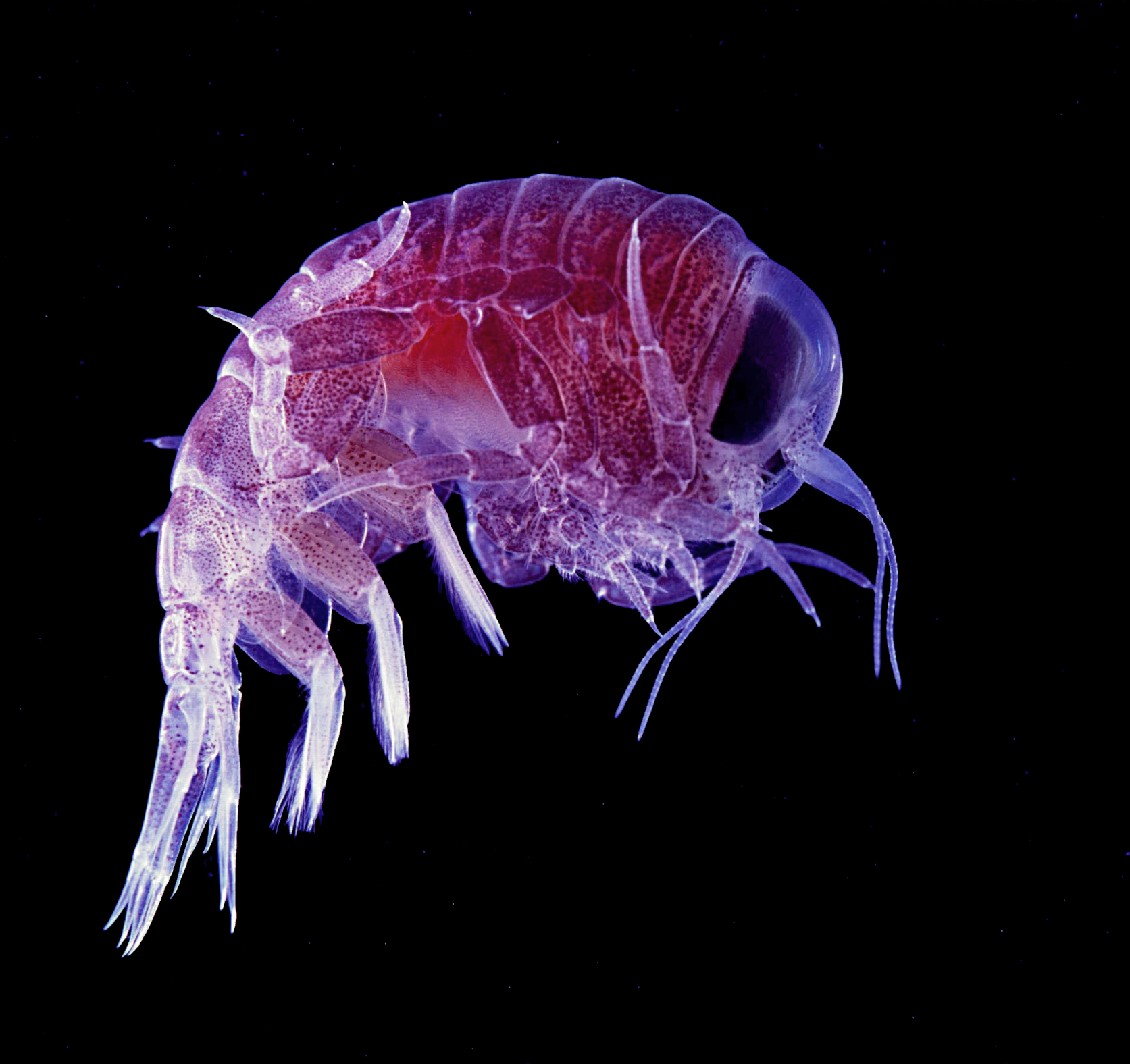"Beneath the surface" is a collection of
articles criticizing Deep Ecology, the philosophical and political current
associated with Norwegian philosopher Arne Naess. The critics in this volume
are not brownlashers or cornucopians, however. Rather, they belong to different
strands of the Green movement. Indeed, many are quite "deep"
themselves.
I haven't read every article (yet), but I noticed that they are of quite varied quality, which is probably inevitable. It's an anthology, after all. Some are written in a relatively accessible style, while others are loaded with academic jargon (a humorous similarity with Deep Ecology itself). Most of the articles deal with philosophical issues, but a few takes a more concrete approach.
Bron Taylor's article "Deep Ecology and Its Social Philosophy: A Critique" is quite interesting. Deep Ecologists claim that anthropocentrism hinders pro-environmentalist consciousness and actions. Conversely, they claim that Earth-centred spirituality enhances it. Taylor has attempted to actually research whether these claims are true, and seems rather sceptical. At least in the Third World, the main reasons for environmental action tend to be very "anthropocentric" and "materialist": communities fight against foreign corporations or corrupt governments that literally steal their land. Taylor also believes that religious believers who take up Green causes virtually always turn to their own traditions in search of spiritual answers. If none are forthcoming, they simply change or "Green" their traditions, even if they are monotheist, rather than becoming neo-pagans.
Another interesting text is Michael Zimmerman's "Possible Political Problems of Earth-Based Religiosity". The author is a former admirer of Martin Heidegger, but has reached the conclusion that anti-modernism is too simple and, frankly, reactionary. Instead, he has taken up the neo-Hegelian approach of Ken Wilber (who even helped him with the article), according to which humans are different and higher than animals, and have to transcend modernity rather than simply go back to pre-modernity. Zimmerman believes that this can be done without repudiating an environmentalist perspective.
There are also articles claiming that Deep Ecology itself is anthropocentric, since it's based on the idea that the human Self must expand and encompass all of Nature. But isn't this still a perspective that privileges humans? The political naivety and right-wing drift of some Deep Ecologists are criticized by ecofeminist writer Val Plumwood. Bioregionalism, classical republicanism and Deep Green Theory (a competitor to Deep Ecology) are also up for criticism. A few "pro" articles have been included as well.
Since really existing Deep Ecology seems to be a rather broad current, I'm sure some people calling themselves deep ecologists might actually agree with some of the contents of this book. Others might reel, especially at Zimmerman's pitch for Wilber (who is apparently no stranger to controversy).
"Beneath the surface" might not be your first choice of light bedtime reading, but if you have a more scholarly or advanced interest in Deep Ecology and its problematique, you might found this volume to be relatively interesting.

No comments:
Post a Comment